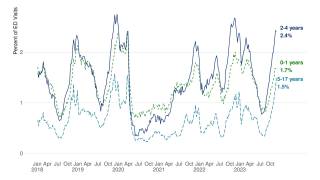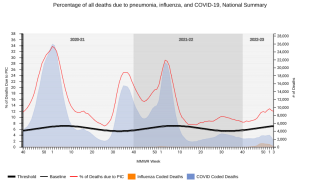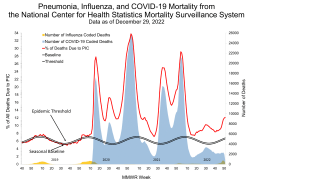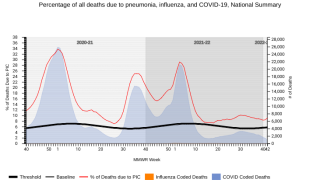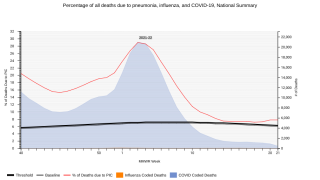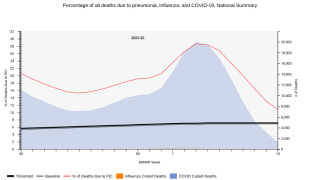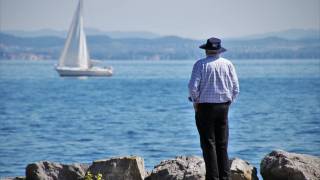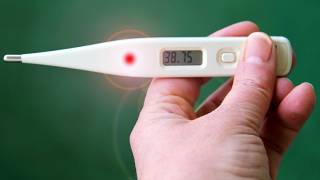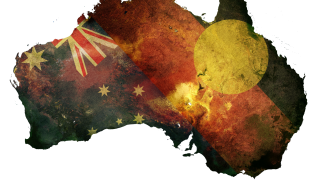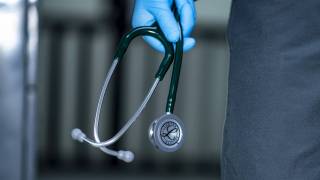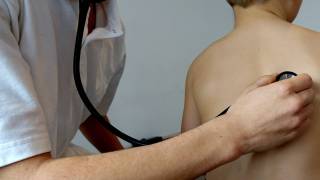Legionnaires Disease Outbreak Reaches 11 People and 1 Fatality
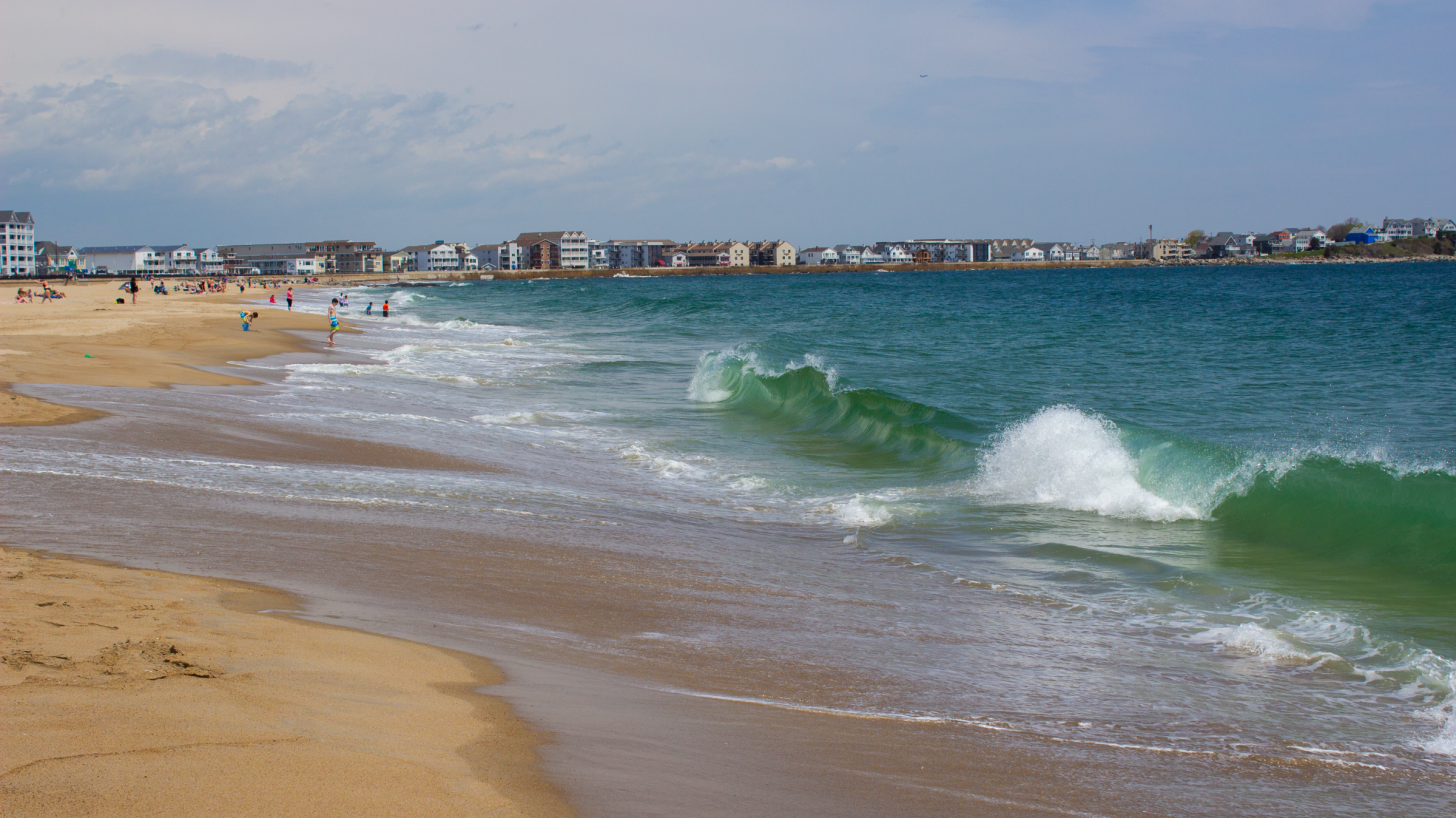
Twelve people have been infected during a Legionnaires disease outbreak in Hampton Beach, N.H. One of the individuals has died.
Local health officials are expecting to confirm more cases in the coming days, reported the New Hampshire Department of Health and Human Services' Division of Public Health Services (DPHS).
This is a serious situation since there are no vaccines that can prevent Legionnaires’ disease, which is bacterial pneumonia, caused by the Legionella bacteria.
DPHS and experts from the U.S. Centers for Disease Control and Prevention (CDC) are working diligently to identify a potential source of the bacteria.
Most people exposed to Legionella will not get sick, says the CDC.
These 12 people likely acquired their infections between early June and mid-August in Hampton, NH. The majority of cases stayed or resided in the Ashworth Avenue area, between Island Path and M Street, but may have had other exposures in the area.
Legionnaire's disease is acquired from breathing in small drops of water that contain the bacteria. It cannot be passed from person to person contact. It cannot be contracted by drinking or coming into physical contact with water containing the bacteria (such as while swimming).
As a precautionary measure, DPHS has closed the hot tub spas at the Sands Hotel and the Harris Sea Ranch Motel because hot tub spas, in general, are a known source of the bacteria that causes Legionnaire's.
The hot tubs no longer present a potential risk to the public and both hotels remain open.
People with an increased risk of getting sick from Legionella include:
- People with weakened immune systems
- People who take drugs that can weaken their immune systems (after a transplant operation or chemotherapy)
- People with chronic lung disease
- Current or former smokers
- People with underlying illnesses such as diabetes, kidney failure, or liver failure
- People 50 years or older
Lisa Morris, Director of the Division of Public Health Services said in a press release, "Even though the information is preliminary, we want to allow the public to make informed decisions about visiting the area and their activities in the area."
Legionnaires' disease symptoms are very similar to other types of pneumonia and can include a cough, shortness of breath, fever, muscle aches, and headaches. Symptoms will usually begin within 2 to 10 days after exposure to the bacteria.
However, people should watch for symptoms for about two weeks after exposure. People who visited the area more than two weeks ago and have not developed symptoms are not at risk for the disease.
If an individual visited this area and developed symptoms within 14 days of their stay, they should contact their healthcare provider and seek medical attention.
Our Trust Standards: Medical Advisory Committee



